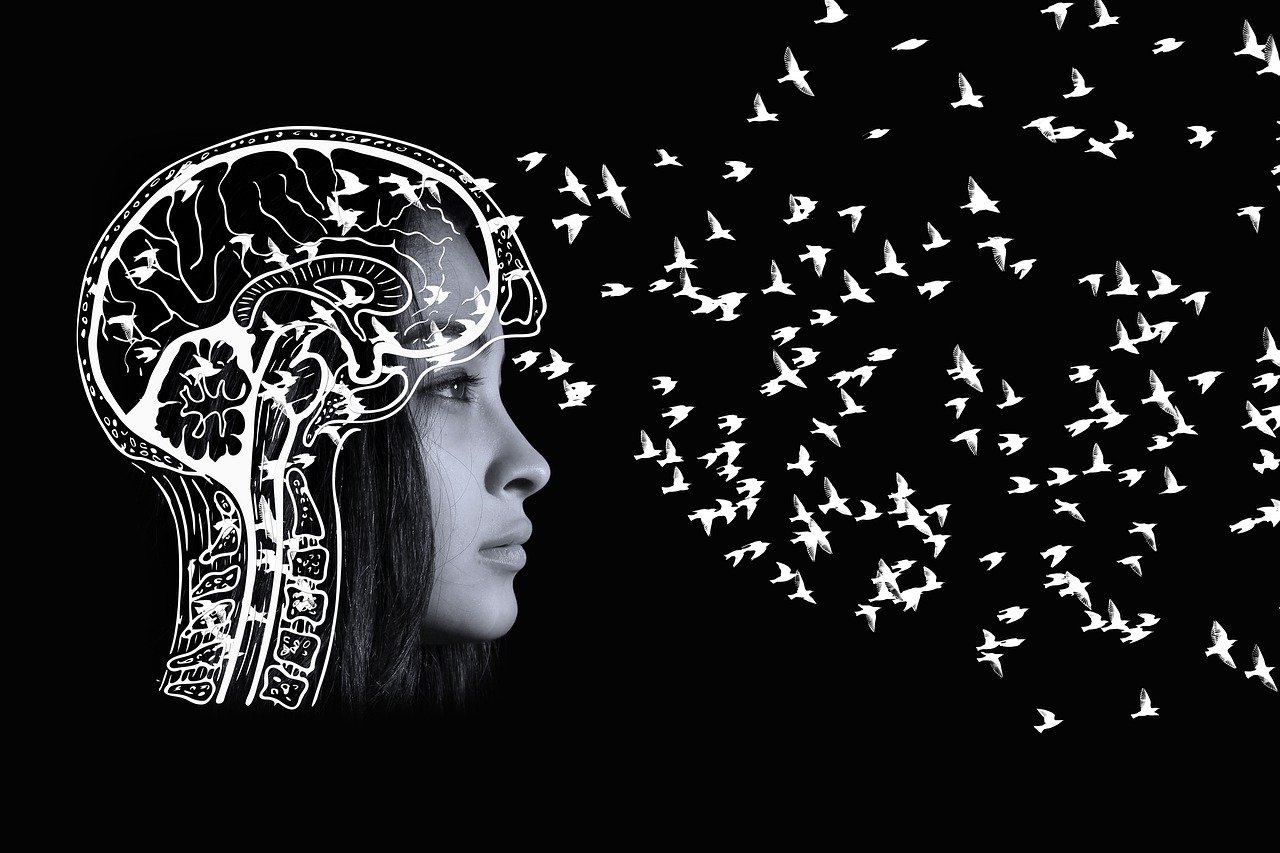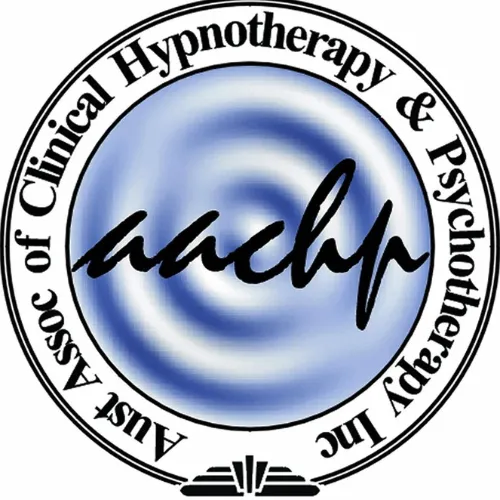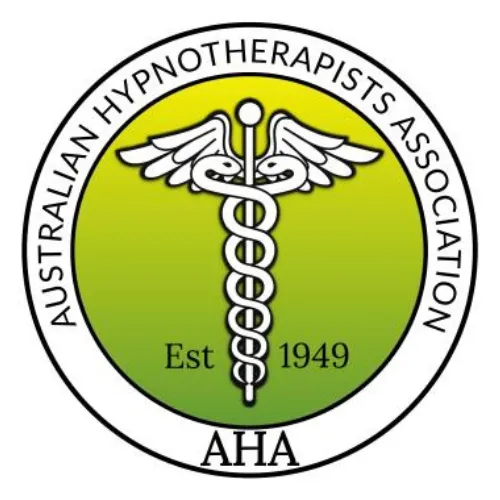HYPNOTHERAPY FOR ANGER & REACTIVITY
A calm, practical plan to shorten the spike and lengthen the pause—so you respond in ways you feel good about.
No shaming. No lectures. You stay in control the entire time. We build safety first and move at your pace.

WHAT WE COVER
Early signals: notice the first body cues before the surge
Discharge safely: simple ways to release built‑up tension
Triggers & meaning: what sets it off and why it sticks
Choice under pressure: scripts and steps you can use in hot moments
Repair: how to come back after a spike, without shame
HOW IT WORKS
Step 1: Free 20‑minute call We clarify what you want to change, answer questions, and plan a path that fits your life.
Step 2: First session (in‑person or online) Build safety, map and dissolve triggers, and in some cases install new responses. You’ll leave with tools for your first week.
Step 3: Follow‑ups (as needed) 1–3 shorter sessions to reinforce steady responses and refine high‑risk moments.
Note on timelines: Many people notice a shift within 1–3 sessions; we’ll tailor the plan to your needs. Results vary—your pace leads.
HIGH-RISK MOMENTS WE PREPARE FOR
Conflict with a partner or family member
Work stress or feeling disrespected
Driving frustration and long queues
Parenting pressure and kid meltdowns
Fatigue, hunger, and stacked stress
Social settings, alcohol, or old patterns
CLIENT WORDS
WHAT CHANGES WHEN ANGER IS STEADIER
Fewer blow‑ups; faster recovery when they happen
More respect in conversations (and for yourself)
Clearer boundaries without the backlash
Less tension in your chest, shoulders, and jaw
More repair and connection at home and work
CARE & HONESTY
This work supports—does not replace—medical care. With your consent, I can coordinate with your GP or other providers. Results vary from person to person.
QUICK READINESS CHECK
On a scale of 0-10, how ready do you feel?
7–10: Let’s set your plan.
4–6: We’ll stabilise stress and provide tools & techniques, as needed.
0–3: No rush—book a call to explore options without pressure.
FAQs
Will I be in control during hypnotherapy?
Yes. You remain awake, aware, and in charge. We go only where you choose.

Do I have to talk about the past?
Not unless you want to. We avoid overwhelm and focus on what helps now.

What if I lose it again?
There's no shame in slipping, slips are data, not failure. We ask that you notice and have an awareness of when the slips took place, so we can work together to dissolve those triggers.

Is online as effective as in‑person?
Yes. A quiet space with either a desktop, laptop and headphones work well.

How many sessions will I need?
Many notice change in 1–3 sessions; we’ll tailor follow‑ups to your goals.

HELPFUL LINKS
READY TO FEEL BACK IN CONTROL - AND STAY KIND WHILE BEING CLEAR?

14 McDougal Road, Neerim South VIC 3831
ABN - 99 421 507 448
AACHP Member No. - PCM2003411
AHA Member No. - CM2022969


